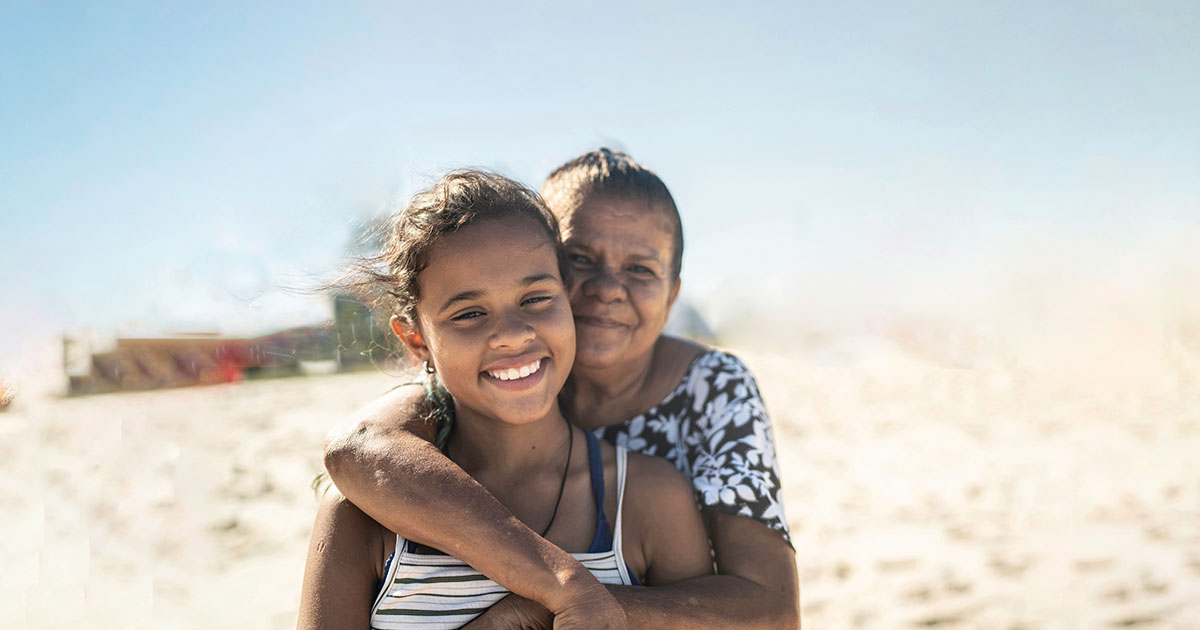Father's Day and National Child Protection Week
- Details
Is it a coincidence that National Child Protection Week falls straight after Father's Day this year? It shouldn't be.
There is an inherent link and need for good fathers (and of course good mothers or carers of any gender) and child protection.
We see lots of great fathers in our services, trying very hard to create a better future for their children. I've spent a lot of time over the past few weeks traveling around our services and have heard many stories about single men struggling to find a safe home for themselves and the children in their care. Our staff were clear that more accommodation options need to be available for this under-serviced group to achieve our goal of reducing homelessness.
What I also heard from many of our staff across the country was that more could be done to link parental support classes and domestic violence prevention courses. It seemed, in some men's minds, as long as they weren't beating their children, they weren't abusing them.
But we need to make explicitly clear the damaging link between witnessing abuse at home and the impact that has on children.
Research tells us that exposure to domestic and family violence is often co-occurring with the direct abuse of children. Doctors tell us that children can suffer vicarious trauma from maternal stress and the environment of fear even when they do not directly witness an incident.
We know from our youth survey, one in seven young people reported time away from home because they didn't think they could go back. Now, we don't know this is always a result of violence in the home. But we do know family violence is a major contributor to homelessness overall.
While children’s ‘witnessing’ or exposure to domestic violence has been increasingly recognised as a form of child abuse, both in Australia and internationally, child protection services are not well equipped to deal with the scale of domestic and family violence and deal with the issues presented for both the child and the parent.
Early intervention services like Brighter Futures in NSW provide families parenting programs alongside children’s services for vulnerable families.
Our staff also speak of a sad cycle of rolling admission, where violence is repeated, causing affected family members to represent for assistance multiple times. That is why we are also pursuing Men’s Behaviour Change Programs to stop further violence and harm to women and children. There has been strong demand for these programs even before they are available, and communities have been supportive of their introduction.
Men’s Behaviour Change Programs need to be integrated with programs for women and families experiencing domestic and family violence including homelessness, early intervention and child protection programs.
While domestic violence might seem the extreme end of the spectrum - let's remember one in five women will be abused by their partner in Australia. A lot of this abuse is heard by children, and some of it is also suffered by children themselves.
Let's help support all young people from early on. Let's focus on early intervention, and get serious about men’s behaviour change as well as supporting the women and children who desperately need our help, linking parenting explicitly to domestic violence programs.
Let's call out the damage that violence in the home causes to children young people and seek to collectively address it as a nation, in our communities and in our families.

Catherine Yeomans
CEO Mission Australia
@cathyeomans
Related media releases
Read about what we’ve been working on, our stance on important social issues and how you make a difference to vulnerable Australians' lives.



